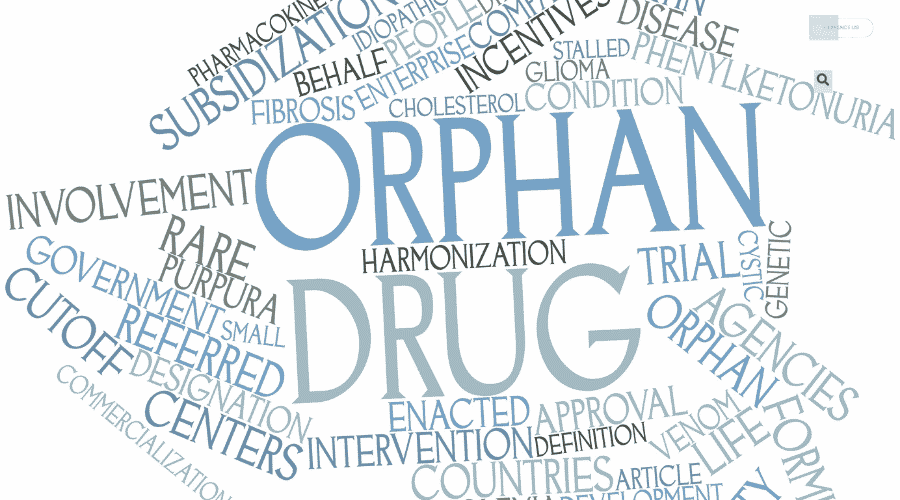

Developing treatments for rare diseases has many challenges. These challenges are different and, in many ways, more complex than what is experienced during development of a drug intended for a larger patient population. The complexities can range from scientific, ethical and operational to financial. Due to these hurdles, the need for life-saving orphan drugs remains high while availability remains comparatively low. The Food and Drug Administration (FDA) created the Orphan Drug Act to encourage and provide special incentives to drug companies that undertake the development of orphan drugs that target diseases affecting fewer than 200,000 people in the United States.
Under the Orphan Drug Act, drug companies can apply for Orphan Drug Designation (ODD), and if granted, the drug will have a status which gives companies exclusive marketing and development rights along with other benefits to recover the costs of researching and developing the drug. In addition to exclusive rights and cost benefits, the FDA will provide protocol assistance, potential decreased wait-time for drug approval, discounts on registration fees, and eligibility for seven years of market exclusivity after approval. A tax credit of 50% of the qualified clinical drug testing costs awarded upon drug approval is also an incentive. While there are significant benefits from gaining orphan drug status, this designation is not intended for drug companies to recover all the costs of drug development, but rather as a cost reduction and regulatory streamlining mechanism to encourage and provide special assistance to companies that develop drugs for rare patient populations.
Orphan Drug Designation Awardees are Granted the Following Benefits from the FDA:
When filing for Orphan Drug Designation, some key elements should be included in the application for this special status. The submission should provide the scientific rationale for the drug and its intended treatment and an explanation of the disease or condition and why it is rare. Prior to applying, the drug company should be able to answer the question: “Is there a possibility the drug will be effective in treating the disease?”
It is important to keep in mind when embarking on this regulatory pathway that an orphan designation is awarded to a drug for the treatment, diagnosis or prevention of a rare disease or condition, and not for the proposed drug indication. I have provided below some essential points to consider when filing for Orphan Drug Designation.
There is no fee when filing the application and the application can be filed before submitting an Investigational New Drug (IND) application or anytime in the drug development process before New Drug or Biologics Licensing Application. The FDA recommends that defining the scientific research and rationale should be presented clearly in the application to strengthen its consideration and that the intent of the drug maker is not part of the evaluation process.
While the above outlines the basic information a drug company needs to know when applying for this designation, the “how to apply” guidelines provided by the official FDA government website should be used as a main resource. Be sure to review and ensure that all the requirements identified by the FDA are satisfied:
The FDA designed this program with benefits to motivate and support the advancement of these life-saving orphan drugs because it understood the economic drawbacks, limited profit margins, and challenges companies encounter when conducting clinical research and development in a niche disease area with small patient populations.
When comparing the overall profitability of developing an orphan treatment, there are many developmental drivers that drug companies must consider where financial motives are not always the primary contender. This is the goal and hope of the FDA when the Orphan Drug Act was created. With the collaborative assistance offered through this legislation, more medical breakthroughs have been made available for rare diseases than otherwise would have been achieved.
American Gene Technologies (AGT) was successfully awarded Orphan Drug Designation for its treatment for the rare disease Phenylketonuria (PKU) . AGT is continuing to advance this treatment to develop a potential cure for individuals with PKU.